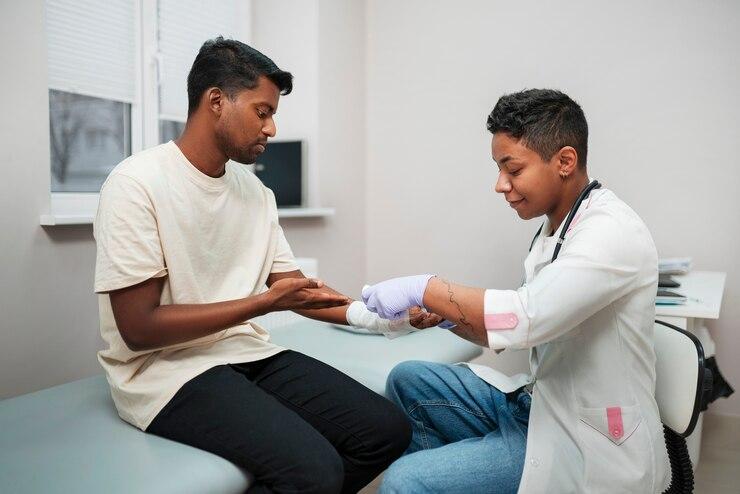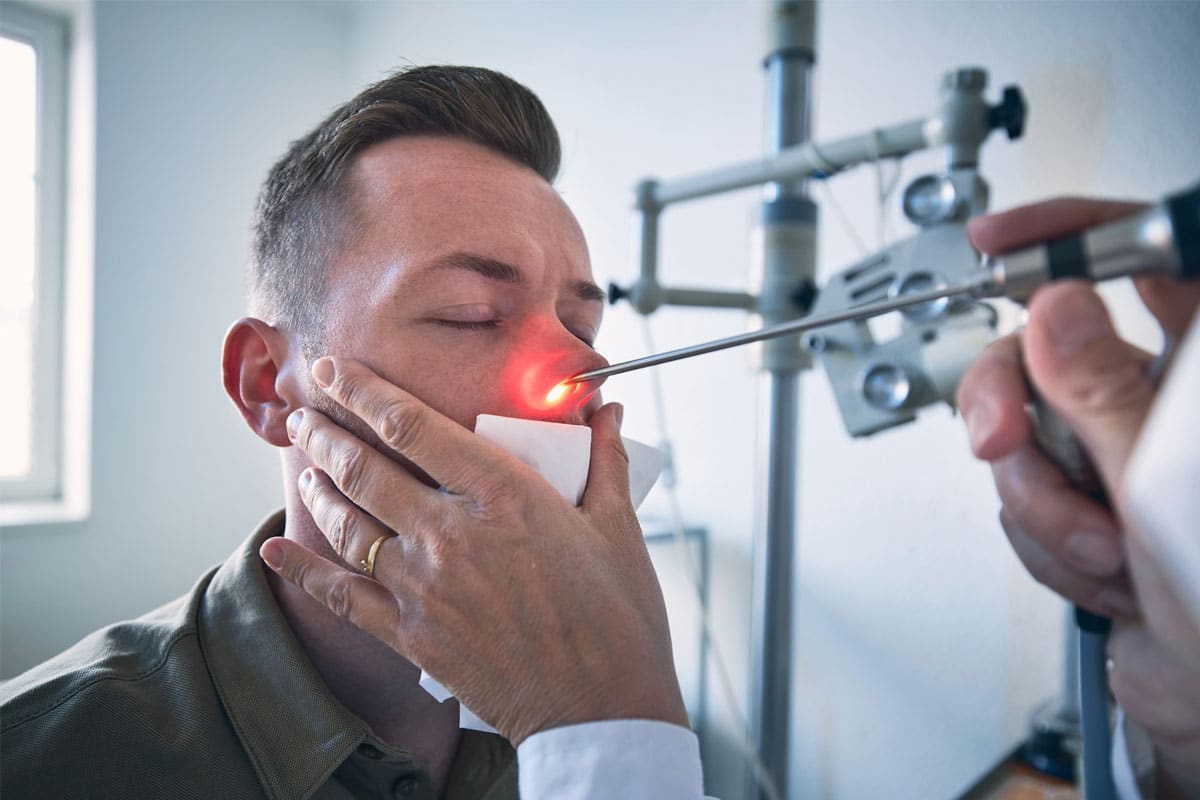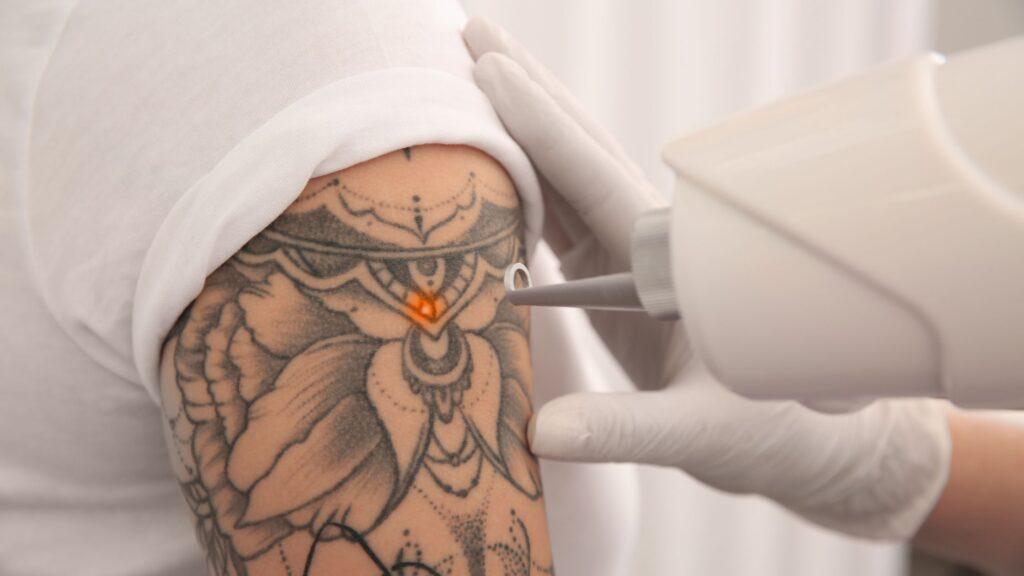A good hospital plays a crucial role in treating international patients, especially when they are far from home. In recent years, India has emerged as a leading destination for medical tourism, offering world-class healthcare facilities and specialized treatments at affordable costs. For Nigerian patients seeking quality healthcare abroad, India presents a unique blend of advanced medical procedures, skilled healthcare professionals, and comprehensive aftercare. In this blog, we will discuss specialized medical procedures available in India for Nigerians, the unique support provided to international patients, and how PSRI Hospital stands out as the best hospital in India for Nigerian patients.
The Role of Quality Hospitals in Treating International Patients
Hospitals treating international patients must prioritize both quality care and comfort. A good hospital should deliver specialized medical procedures efficiently and offer language assistance, personalized dietary plans, and cultural sensitivity to help patients feel understood and supported. A positive patient experience significantly impacts recovery and contributes to peace of mind for those traveling long distances to access healthcare.
Specialized Medical Procedures Available in India for Nigerians
Cardiac Surgeries: In India, cardiac care is comprehensive and advanced. Surgeries like coronary artery bypass grafting (CABG), valve replacements, and minimally invasive heart procedures are carried out with precision. Hospitals are equipped with modern catheterization labs and intensive care units, ensuring thorough care both before and after surgery.
Orthopedic Procedures: If you are dealing with joint pain or mobility problems, India’s hospitals offer solutions through knee and hip replacements and other orthopedic surgeries. Advanced techniques like arthroscopy minimize the surgical impact, which helps patients recover more quickly.
Cancer Treatments: India’s leading hospitals are known for providing effective cancer care, using techniques like chemotherapy, radiotherapy, and targeted therapy. Surgeries are performed by expert oncologists, and technology like robotic-assisted surgery or stereotactic radiosurgery ensures tumors are removed with great precision.
Neurosurgery: Neurosurgeons in India handle complex procedures like brain tumor removals, spinal surgeries, and treatments for conditions like epilepsy and Parkinson’s disease. Cutting-edge imaging and surgical tools allow doctors to operate with accuracy and minimize patient recovery times.
Organ Transplants: India is known for high success rates in liver, kidney, and bone marrow transplants. Hospitals have teams of skilled specialists and utilize advanced diagnostic equipment, providing patients with a thorough pre- and post-operative care program.
Fertility Treatments: Fertility solutions like in-vitro fertilization (IVF), intrauterine insemination (IUI), and egg donation help many couples achieve their dream of parenthood. With specialists guiding the way, these treatments are offered in a safe and supportive environment.
Bariatric Surgery: Patients struggling with obesity can find personalized weight loss procedures like gastric bypass and gastric sleeve surgeries. These options are designed to meet individual needs and can result in significant, long-term weight reduction.
Cosmetic Surgery: India’s hospitals provide a range of cosmetic procedures, from facelifts and liposuction to rhinoplasty. These services are offered at a lower cost than in many other countries, and highly skilled surgeons ensure that patients achieve the aesthetic results they desire.
Special Support and Facilities for Nigerian Patients
Language Assistance: Hospitals provide interpreters who speak Nigerian languages and English to ensure clear communication between patients and their healthcare providers.
Dietary Considerations: Nigerian patients can receive meal plans tailored to their cultural preferences and medical requirements. Hospitals recognize the importance of familiar cuisine and work to ensure the food provided is satisfying and nutritious.
Cultural Sensitivity: Medical staff undergo training to understand and respect cultural practices and customs, creating a welcoming environment where Nigerian patients can feel understood and supported.
Visa and Travel Support: Navigating travel paperwork is made easier with help from international patient departments, which guide patients through the visa process and arrange transportation, including airport pickups.
Personalized Care Coordinators: Coordinators handle scheduling, transportation, and all other logistics to ensure patients have a smooth and stress-free journey.
Accommodation and Hospitality: Partnered hotels and guest houses near the hospital offer comfortable accommodations for patients and their families, making it easy to reach appointments and access support.
Aftercare They Need
After undergoing specialized treatment, comprehensive aftercare is essential to ensure that patients continue to heal properly and achieve long-term health benefits. Here’s how aftercare is managed by a hospital in Delhi to support Nigerian patients:
Follow-Up Consultations: Hospitals arrange follow-up consultations through video calls or secure messaging, allowing doctors to track the patient’s progress and adjust treatment plans. For example, after a cardiac surgery, cardiologists can remotely assess heart health and provide personalized exercise or medication adjustments based on the patient’s recovery pace.
Medication Management: Clear instructions on medication dosages and schedules are crucial for recovery. Hospitals provide detailed information about managing prescriptions and can often arrange local prescriptions or refills. This ensures patients have uninterrupted access to necessary medications even after returning to Nigeria.
Physical Rehabilitation: For those recovering from orthopedic, cardiac, or neurological procedures, physiotherapists provide custom exercises that can be done at home to regain strength and mobility. For example, after a knee replacement, exercises that focus on joint mobility and muscle strength are recommended, and video demonstrations can guide patients in performing them correctly.
Diet and Lifestyle Advice: Nutritionists and dietitians provide personalized dietary recommendations to complement the treatment plan. For instance, patients recovering from bariatric surgery may need a specific diet to aid weight loss while ensuring adequate nutrition. Hospitals also offer lifestyle advice that includes tips on exercise, stress management, and sleep routines.
Local Medical Network: Some hospitals coordinate with trusted local doctors in Nigeria to ensure continuity of care. This network allows Nigerian patients to consult familiar healthcare professionals for routine check-ups or if complications arise, providing a seamless transition and peace of mind.
Emotional Support: Recovery can be emotionally challenging, especially for patients far from home. Hospitals offer counseling services and support groups to help patients deal with stress, anxiety, or depression. Knowing they have a support system helps patients maintain a positive outlook during recovery.
How PSRI Hospital Can Help
PSRI Hospital stands out as the best hospital in India for Nigerian patients, offering specialized treatments and comprehensive care. Their team of skilled doctors, personalized care coordinators, and cultural sensitivity ensures a positive patient experience from start to finish. With advanced medical facilities and a compassionate approach, PSRI Hospital in Delhi provides the highest quality treatments and support, making it an ideal choice for those seeking healthcare solutions abroad. Contact PSRI Hospital today to learn how their services can cater to your medical needs.








